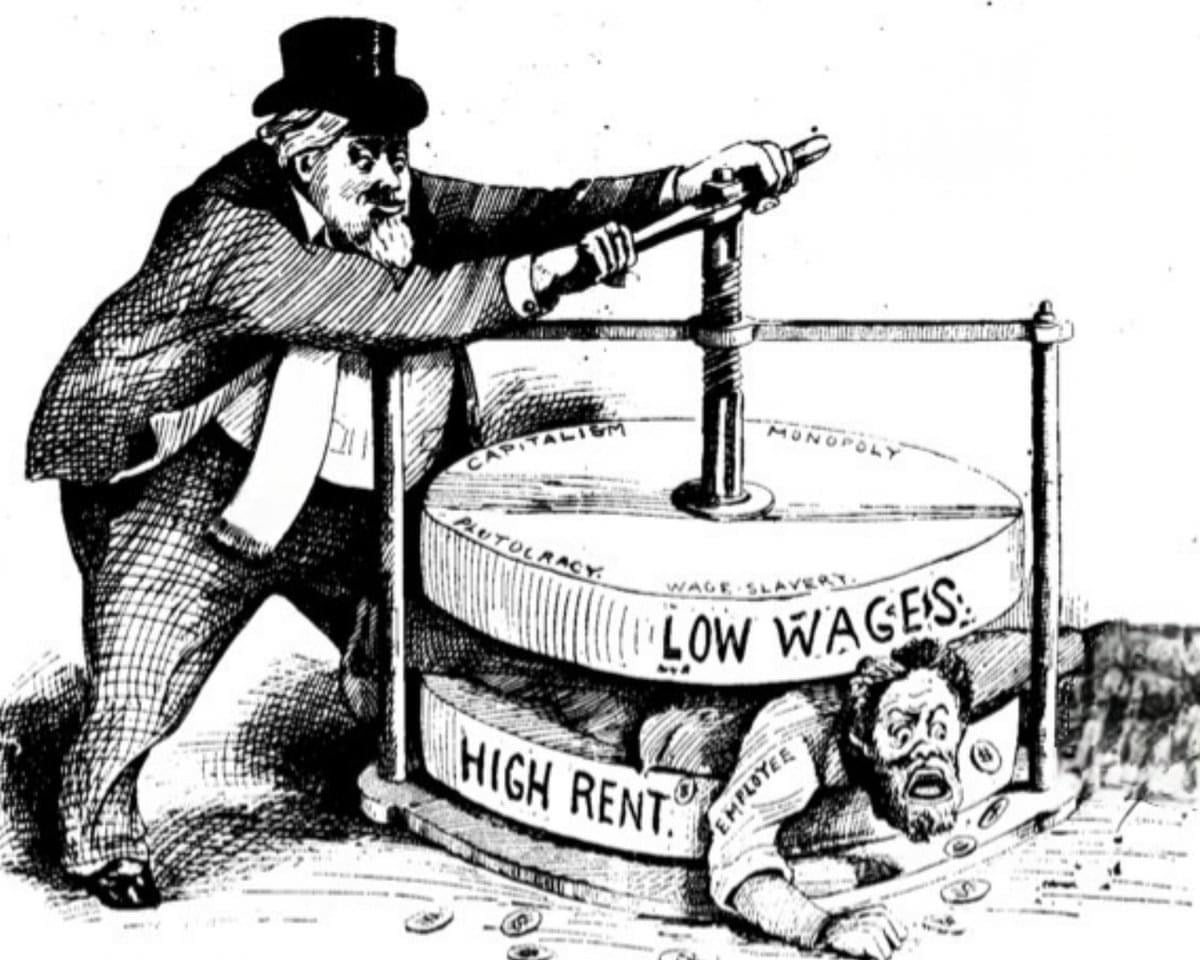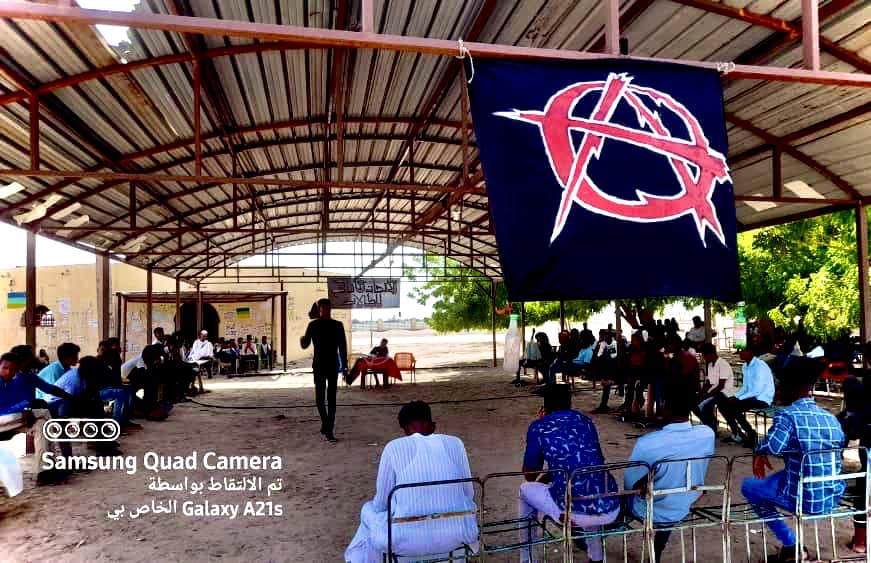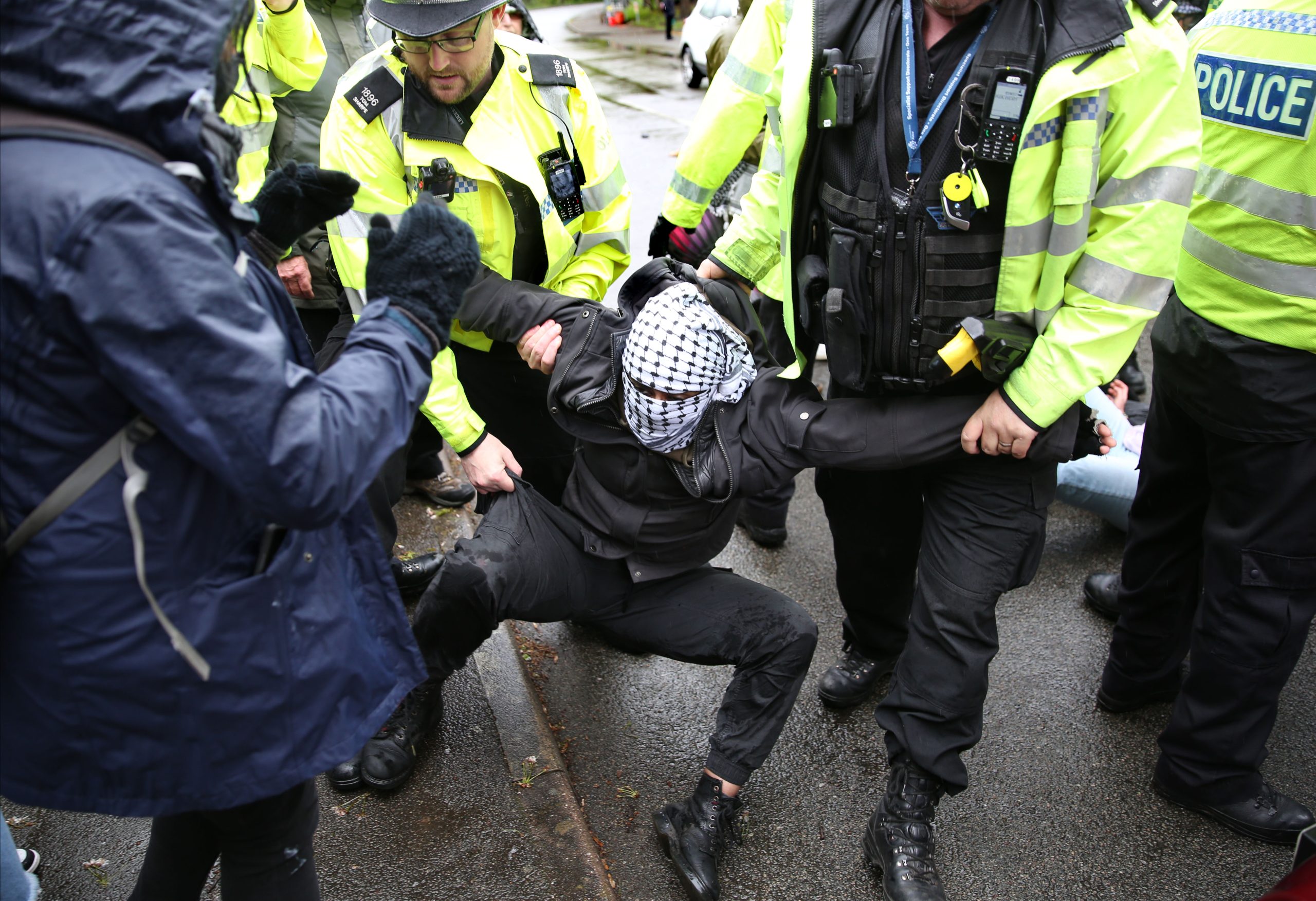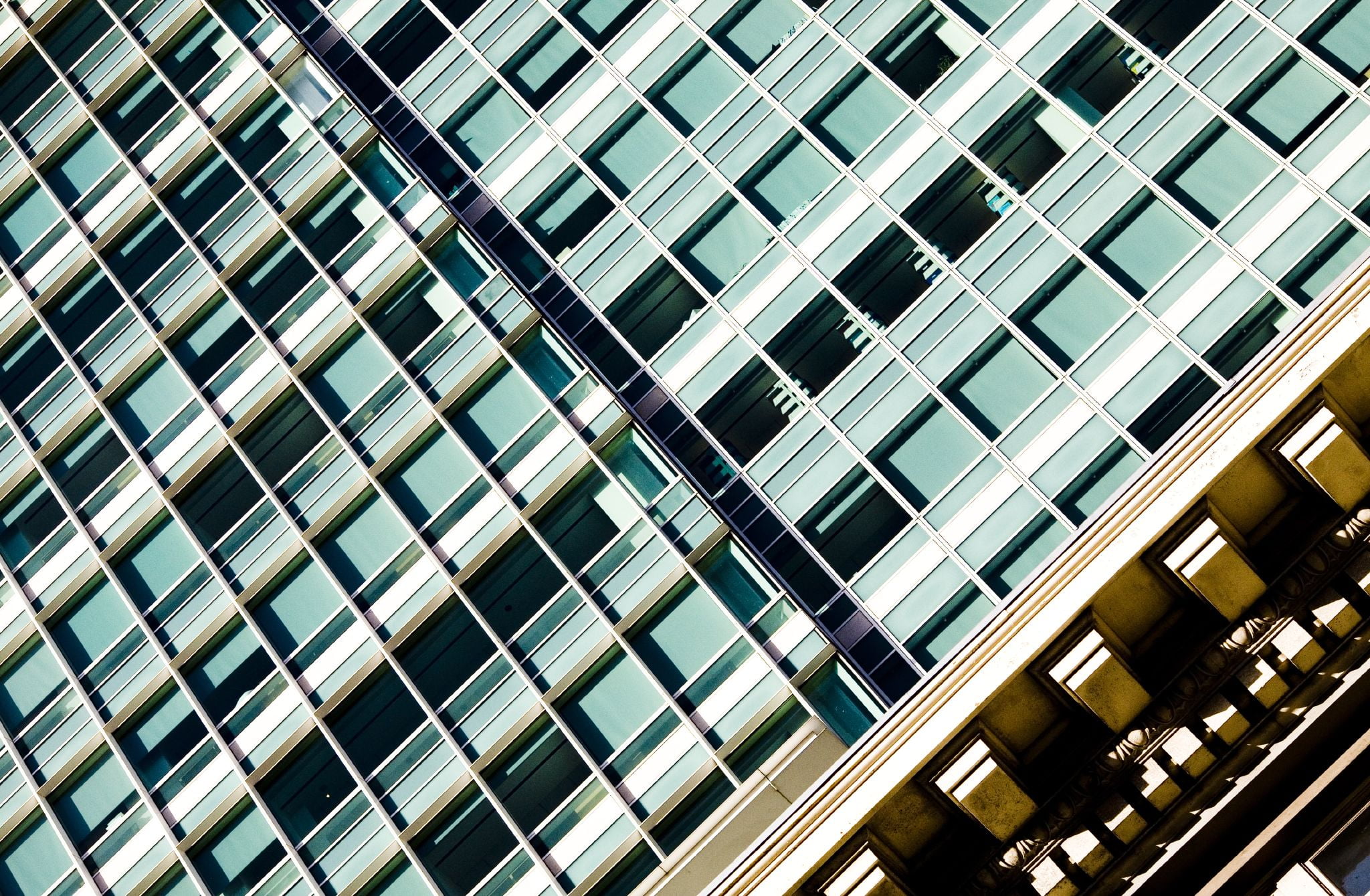Minicab drivers are expected to block London Tower Bridge with their cars in protest against an increase in the congestion charge to £15 per day from 16 June 2020. The regressive congestion charge was introduced by Transport for London in April 2019 and now has been increased to £15 in accordance with TfL’s funding agreement with the Government, which will see drivers’ take home pay slashed by up to 30% in total since the charge was introduced.
The protest called by the Independent Workers’ Union of Great Britain‘s (IWGB) United Private Hire Drivers (UPHD) branch against the increase in the regressive congestion charge on minicabs, builds on previous demonstrations last year that were attended by thousands of drivers. The protest will take place today, Tuesday 28th July from 14:00 – 16:00. The protest will be socially distanced with drivers not leaving their cars and joining a virtual rally during the demonstration.
Alper Ali, a London-based minicab driver, said:
“The congestion charge increase is devastating for us. Especially on the back of Covid-19, which destroyed most of our business, I can’t understand why TfL are doing this to us. The other day I only got three jobs in the afternoon and every penny I earned went on congestion charge payments. I’ve lost my weekends with my son, since I’ve got to be out there seven days a week now. We can barely afford to keep food on the table.”
TfL’s own impact analysis for the introduction of the charge last year showed a disproportionate impact on poor and BAME workers with 71% of TfL licensed minicab drivers hailing from designated deprived areas and 94% identifying as BAME. Black cab drivers, who are nearly 80% white British, continue to be exempt from paying congestion charge.
The IWGB union launched a Judicial Review of the policy in 2019 on grounds of discrimination, which was rejected by the High Court on 26 July 2019. The IWGB union appealed that decision on 30 June 2020 to the Court of Appeal and is awaiting judgement.
The Mayor predicted that the charge would reduce private hire traffic in the congestion zone by 6% and overall traffic by 1%, but the actual impact of the charge may have been to increase congestion, as many minicabs now remain in the zone for longer periods to pick up passengers. Furthermore, by discouraging minicabs, which often have hybrid electric-petrol engines, while encouraging diesel-powered black taxis, which remain exempt from the charge, the policy risks increasing pollution.
The protest shows the rising anger among minicab drivers who feel ignored by Mayor of London Sadiq Khan, who refuses to speak to them or address their concerns.
The IWGB is calling for the restoration of the congestion charge exemption for minicab drivers and has proposed alternative policies to deal with the problem of congestion, including: a cap on the total number of minicab driver licenses; enforcing the minimum wage; a licensing cost levy on private hire operators.
Photo: IWGB








